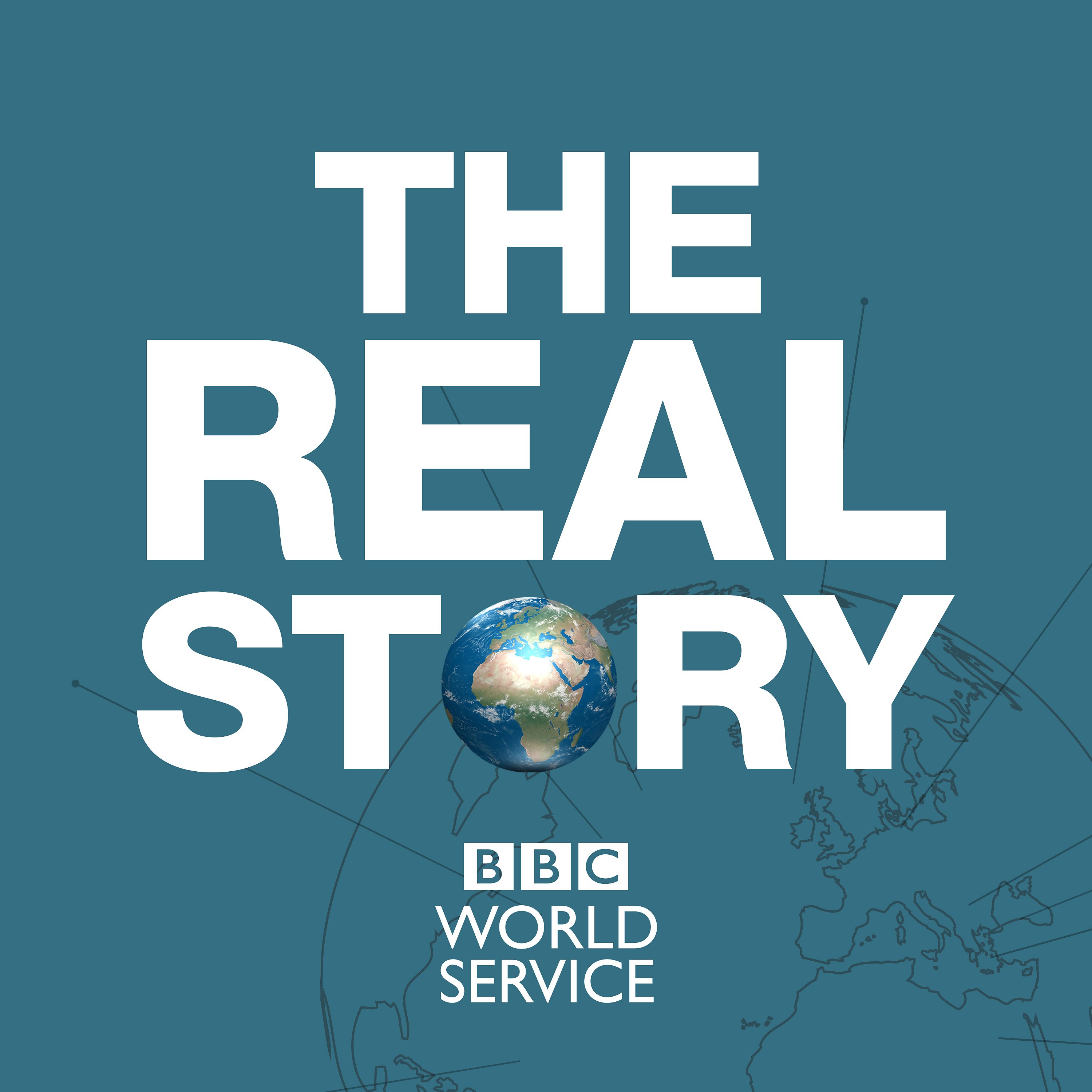- Government
- SEE MORE
- classical
- general
- talk
- News
- Family
- Bürgerfunk
- pop
- Islam
- soul
- jazz
- Comedy
- humor
- wissenschaft
- opera
- baroque
- gesellschaft
- theater
- Local
- alternative
- electro
- rock
- rap
- lifestyle
- Music
- como
- RNE
- ballads
- greek
- Buddhism
- deportes
- christian
- Technology
- piano
- djs
- Dance
- dutch
- flamenco
- social
- hope
- christian rock
- academia
- afrique
- Business
- musique
- ελληνική-μουσική
- religion
- World radio
- Zarzuela
- travel
- World
- NFL
- media
- Art
- public
- Sports
- Gospel
- st.
- baptist
- Leisure
- Kids & Family
- musical
- club
- Culture
- Health & Fitness
- True Crime
- Fiction
- children
- Society & Culture
- TV & Film
- gold
- kunst
- música
- gay
- Natural
- a
- francais
- bach
- economics
- kultur
- evangelical
- tech
- Opinion
- gaming
- College
- technik
- History
- Jesus
- Health
- movies
- radio
- services
- Church
- podcast
- Education
- international
- Transportation
- Other
- kids
- podcasts
- philadelphia
- Noticias
- love
- sport
- Salud
- film
- and
- 4chan
- Disco
- Stories
- fashion
- Arts
- interviews
- hardstyle
- entertainment
- humour
- medieval
- literature
- alma
- Cultura
- video
- TV
- Science
- en
The global debt crisis

b'
This month the G20 came under criticism for failing to deliver a promised $100bn of additional funds to poorer countries to help with the economic fallout of the pandemic. Many of these countries suffered a significant financial crunch as their exports dropped while the price of imports went up. The World Bank says the recession of 2020 led to the largest single-year surge in global debt in decades. The Bank says the debt burden of 70 low income countries has risen by more than 12 percent. Countries that are considered middle-income and have relatively stable economies have also been hit. Last month Sri Lanka appealed to China, one of its biggest creditors, to reschedule its debts. Its foreign reserve shortage has led to a sharp reduction of oil imports, resulting in regular power cuts and further undermining economic activity. So how did the pandemic worsen the debt crisis? How much of the problem can be blamed on long-term economic mismanagement and corruption? And what should be the role of creditors like China, which has been criticised for the way it negotiates debt relief.
Join Ritula Shah is joined by a panel of experts.\\nProducers: Paul Schuster and Junaid Ahmed
'